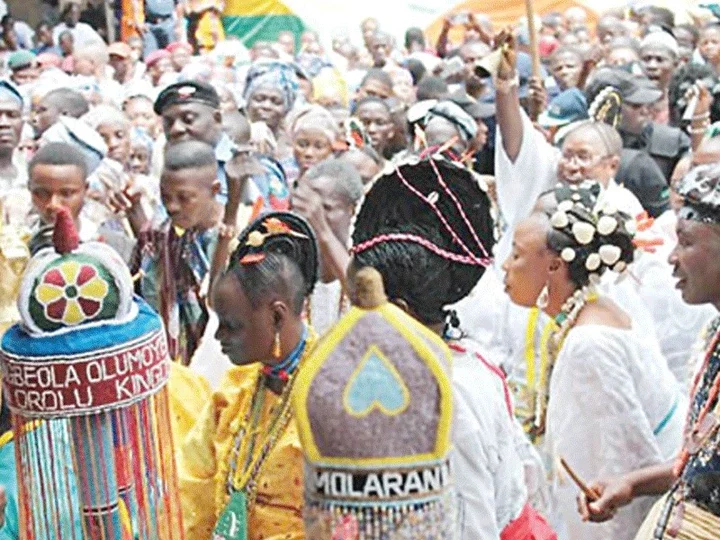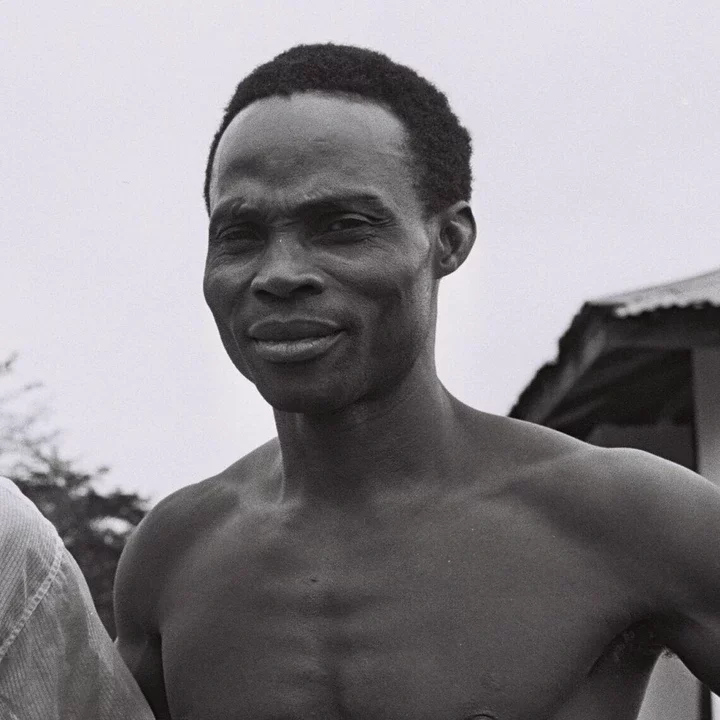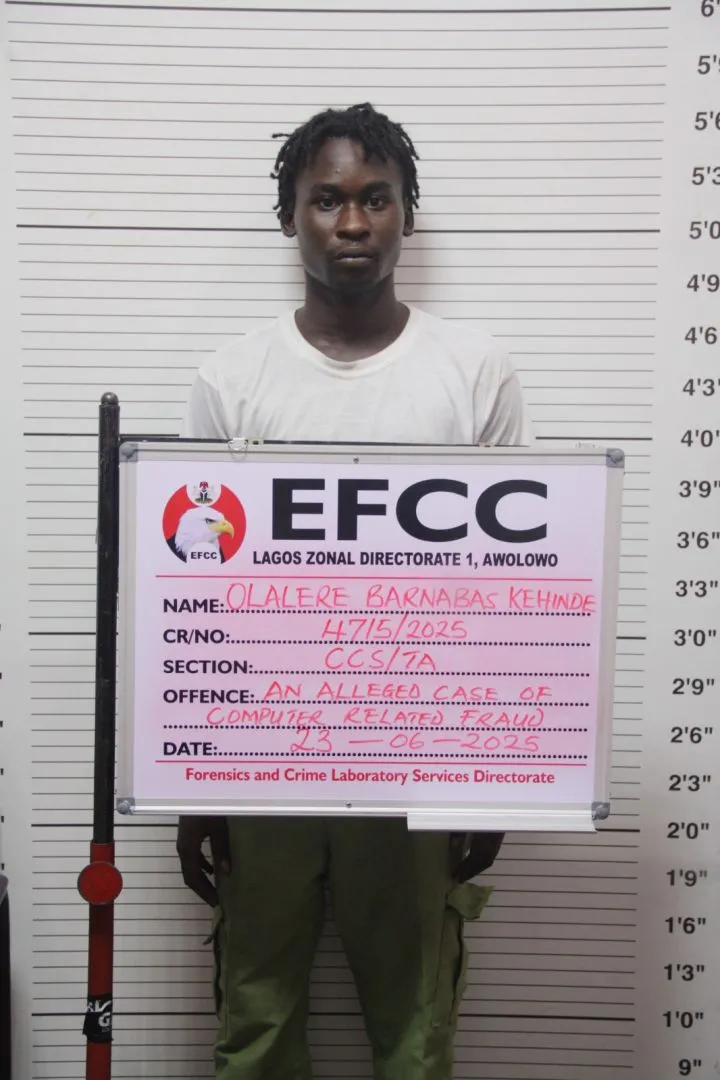Many Nigerians Celebrate Isese Day
Many Nigerians partake in the Isese Day celebration which is held annually on August 20 in Southwest and other states with Yoruba-speaking parts. The South West states including Lagos, Ogun, Oyo, Ekiti, Ondo, Osun and other states such as Kwara and Kogi usually declare this day a work-free day to allow residents take active part in the celebration.

Isese, a Yoruba word for tradition, is also used to describe various festivals celebrated by followers of the Yoruba traditional religion. Isese Day is observed to give a sense of belonging to adherents of traditional religions.

On this day, celebrants typically wear white and participate in prayers, dances, and rituals, offering sacrifices such as cows, goats, dogs, and birds to their respective deities at designated locations.
Tai Solarin's Day Is Observed
Augustus Taiwo "Tai" Solarin, born on August 20, 1922, in Ikenne, Ogun State, Nigeria, was a prominent Nigerian educator, author, and civil rights activist. An outspoken atheist and humanist, Dr. Solarin firmly believed that people could lead a good life without the influence of religion. He founded the renowned Mayflower School in Ikenne in 1956, after serving as the principal of Molusi College in Ijebu Igbo from 1952 to 1956.

Tai Solarin was a relentless critic of post-Independence Nigerian governments, dedicating his life to holding those in power accountable. In 1975, when General Gowon's regime delayed the transition to civilian rule, Solarin published a bold statement titled "The Beginning of the End," which he distributed by hand on the streets. This act of defiance led to his imprisonment.

Throughout his life, Solarin waged persistent battles against various governments, always striving to improve the welfare of Nigerians. Although he died on July 27, 1994, till date, free thinkers and many other Nigerians still celebrate his legacies to the extent that a College of Education in Ogun State (now a University) was named after him.
Other key events on this day
1. First enslaved Africans arrived in Jamestown, setting the stage for slavery in North America - 1619
4. Soviets invaded Czechoslovakia - 1968
5. The Iran-Iraq War came to an end after 7 years - 1988
6. Senegal withdrew from the Mali Federation - 1960
7. Russian revolutionary and founder of the Red Army, Leon Trotsky attacked in Mexico - 1940
8. Hundreds killed in anti-French rioting in Morocco and Algeria - 1955.

















Comments